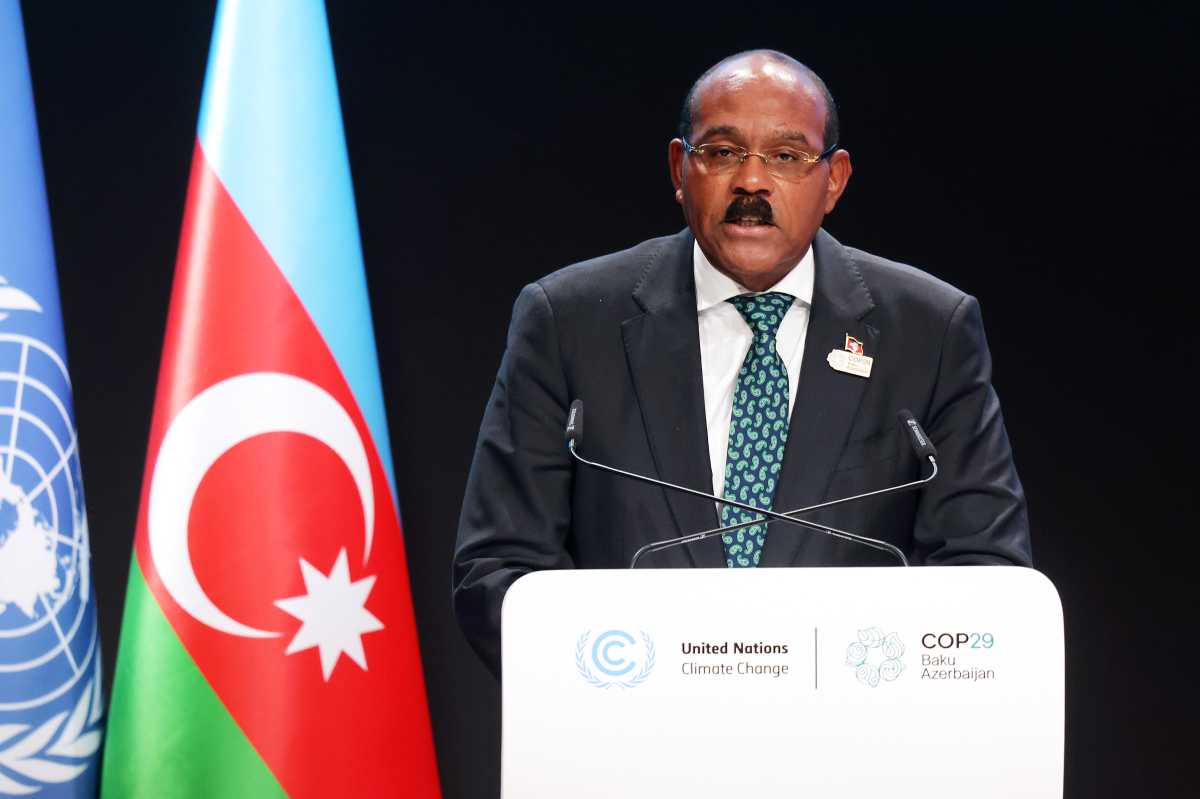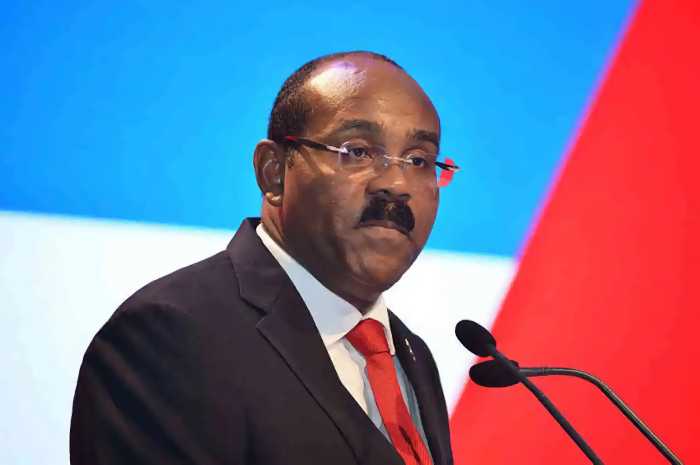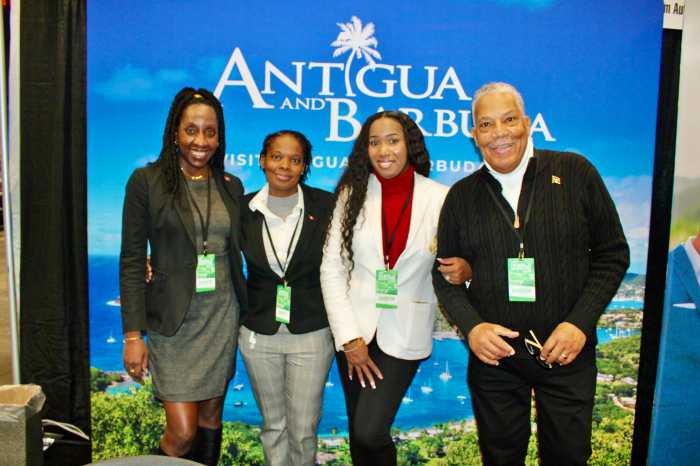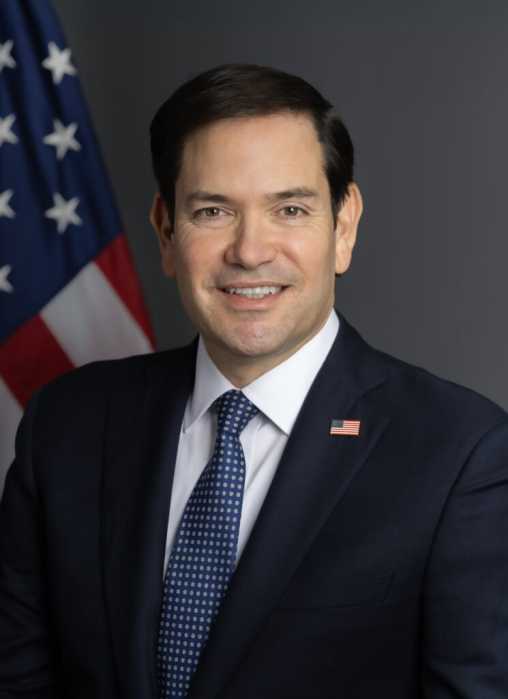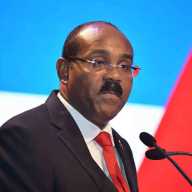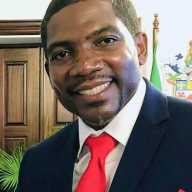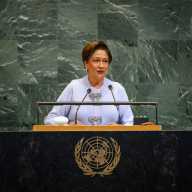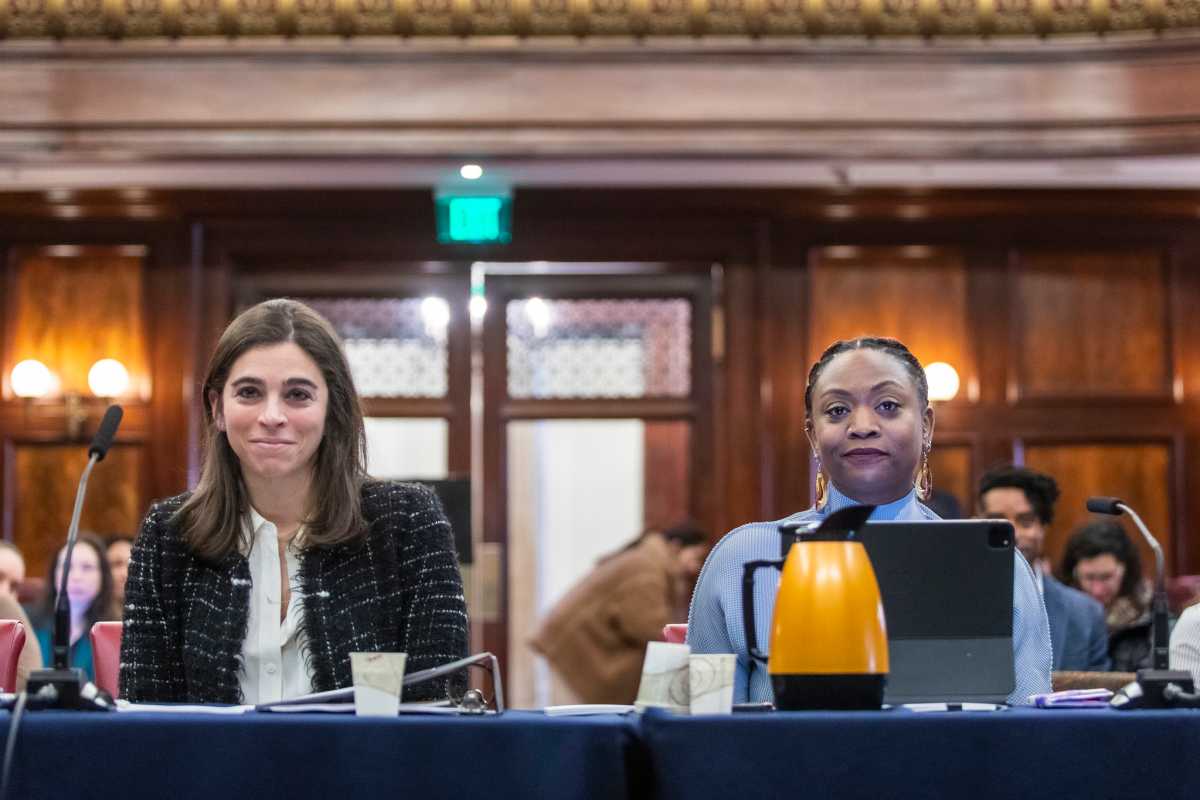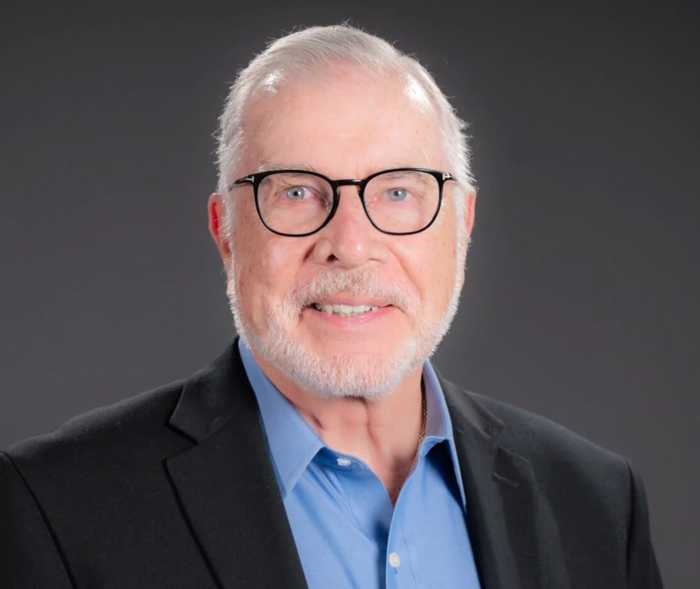Antigua and Barbuda
Prime Minister Gaston Browne recently made a heartfelt plea for Caribbean countries to acquire a greater interest in the ownership of businesses, while defending his administration’s decision to allow the National Social Security Scheme (NSSS) to invest in the Jolly Beach Hotel.
“We speak about empowerment (and) if we are going to sell all our assets and allow those assets to be foreign-owned, then we will have an extracted economic body, and it is that model that has actually deterred or slowed down the progress of developing in the Caribbean,” Browne said as he tabled the proposal.
“If you want to continue to grow this country’s economy, then the retention of profits becomes very important. Those profits must be retained in our economy and continue to fund future socio-economic developments.”
Cabinet approved an allocation of EC$20 million to renovate 33 rooms at Jolly Beach Resort, construct a 500-person capacity conference facility, and upgrade the hotel’s sewage system, as well as its internet and communications infrastructure, and upon completion of the renovations, the hotel’s total room count will increase to 351, which is expected to be finished in time for the next tourism season.
The government said the beachfront resort, valued at EC$67 million, will be used to settle part of a EC$330 million delinquent government bond owed to the Social Security Board, which was issued in 2010 under a previous administration.
Browne added that his administration is confident it can make the hotel a profitable venture, as it has done with some business acquisitions over the past few years. The government had acquired 78 % of Caribbean Union Bank (CUB).
Grenada
According to a report on Grenada’s economy’s performance for the first five months of this year, Policy Analyst in the Ministry of Finance Ciera Duncan said the data showed a 12.5 percent decline in stay-over arrivals, but officials remain hopeful that it will rebound in the remainder of 2025.
“What we see is that there were tremendous declines in the first five months of the year. We have seen a decline in records from advanced economies. If we look at the United States, Europe, and Canada, you will see they have the highest decline,” Duncan said.
“This has resulted in an overall 12.5 % decline in overall stay-over arrivals as compared to the first five months of 2024,” she said, noting that the Caribbean stay-over arrivals were also “a bit disheartening.
“There has also been a decline in Caribbean stay-over arrivals by 16.6 %, and when we had consultations with stakeholders in the tourism sector, they explained to us that many factors can cause this. And one of these is that there is such a high airlift cost that, as well as there are limited direct flights between Caribbean islands. These are things that are faced within the tourism sector as well as the international developments that are happening right now,” Duncan added.
Haiti
The United States and Panama are urging the UN Security Council to authorize a 5,550-member force with the power to detain gang members in Haiti to help stop the escalating violence that has plagued the French-speaking country.
In a draft resolution to the UN Security Council, the two countries proposed transforming the Kenya-led multinational force into a much larger force.
The six-page draft resolution expresses gratitude to Kenya for leading the multinational force. However, it reaffirms Secretary-General Antonio Guterres’ finding in February that it has not been able to keep pace with the dramatic expansion of the gangs and needs to be scaled up.
Acting US Ambassador Dorothy Shea had announced on Aug. 28 that the US was seeking UN authorization for a new Gang Suppression Force.
The draft resolution would authorize UN member nations to transition the mission into such a force for 12 months in cooperation with Haiti’s government. The force would be able to detain and arrest Haitians.
It states that the force would consist of 5,500 uniformed personnel and 50 civilians paid from voluntary contributions.
The resolution would authorise participants in the new force to “conduct independent, intelligence-led targeted counter gang operations to neutralize, isolate, and deter gangs that continue to threaten the civilian population, abuse human rights and undermine Haitian institutions”
“The new force would also provide security for critical infrastructure, including the airport and ports, schools and hospitals, the Haitian police and armed forces. And it would support Haitian efforts “to combat illicit trafficking and diversion of arms and related materiel.”
Jamaica
Approximately 700 frontline workers across Jamaica’s criminal justice system will be trained in a nationwide workshop series targeting a cultural shift in their service delivery to vulnerable and disadvantaged persons.
The training suits the staff of the Jamaica Constabulary Force (JCF) and the Ministry of Justice, Justices of the Peace, and mediators across 14 parish workshops. It aims to help them better serve men and women in crisis, persons with disabilities and mental health issues, children in contact and conflict with the law, and rural communities.
Under the recently launched Social Justice project (SO JUST) funded by the government of Canada, the training is assembled by the Ministry of Justice and the United Nations Development Programme (UNDP) in partnership with Institute for Gender and Development Studies (IGDS), University of the West Indies (UWI), Mona Campus and the Jamaica Council for Persons with Disabilities (JCPD).
“This training is critical because it addresses gaps in how justice services are delivered, especially to those who experience multiple and overlapping forms of marginalization,” said Permanent Secretary in the Ministry of Justice, Grace-Ann Stewart McFarlane.
She said by empowering justice sector professionals with a deeper understanding of gender dynamics, trauma, and social justice, the Government is fostering a more empathetic, inclusive, and effective justice system.
United Nations Development Programme (UNDP) Assistant Resident Representative Lesley-Ann Ennevor said the SO-JUST workshops must clearly convey that justice must be delivered with fairness, empathy, and without prejudice.
Counsellor and Head of Development Cooperation at the High Commission of Canada, Shehryar Sarwar, said social justice cannot be achieved without gender justice, and gender justice must include all people across all identities.
He said the training intends to improve awareness of how gender interacts and intersects with disability, age, socio-economic status, and ethnicity.
Sarwar said Canada is proud to support this initiative, which strengthens individual capacities and fosters collaboration across the justice sector.
St. Kitts and Nevis
Prime Minister Dr. Terrance Drew says he will use his visit to Algeria and Ethiopia as part of his government’s strategy to deepen relations between Africa and the Caribbean. This strategy will also position the island as a leader in bridging the two regions.
PM Drew said he will visit Algeria to attend the fourth Intra-Africa Trade Fair, a major platform for trade, investment, and innovation across the continent.
He will then travel to Addis Ababa in Ethiopia to participate in the historic two-day Caricom-African Union Summit, which will be brought together in person for the first time beginning this month.
It will be held under the theme: Transcontinental Partnership in Pursuit of Reparatory Justice for Africans and People of African Descent through Reparations.
The second Africa-CARICOM Summit builds on the first one, hosted by the former President of Kenya, Uhuru Kenyatta, which was held on Sep. 7, 2021, under the theme Unity Across Continents and Oceans: Opportunities for Deepening Integration.
Drew said the visits are about history and practical opportunities for the people of St. Kitts and Nevis and the wider Caribbean.
“We are Africans by descent, why shouldn’t we build bridges back to Africa?”
“These partnerships mean educational opportunities for our young people, new markets for our farmers and businesses, and stronger cultural and spiritual connections that unite as one people across the Atlantic,” he said.
Compiled by Devika Ragoonanan


